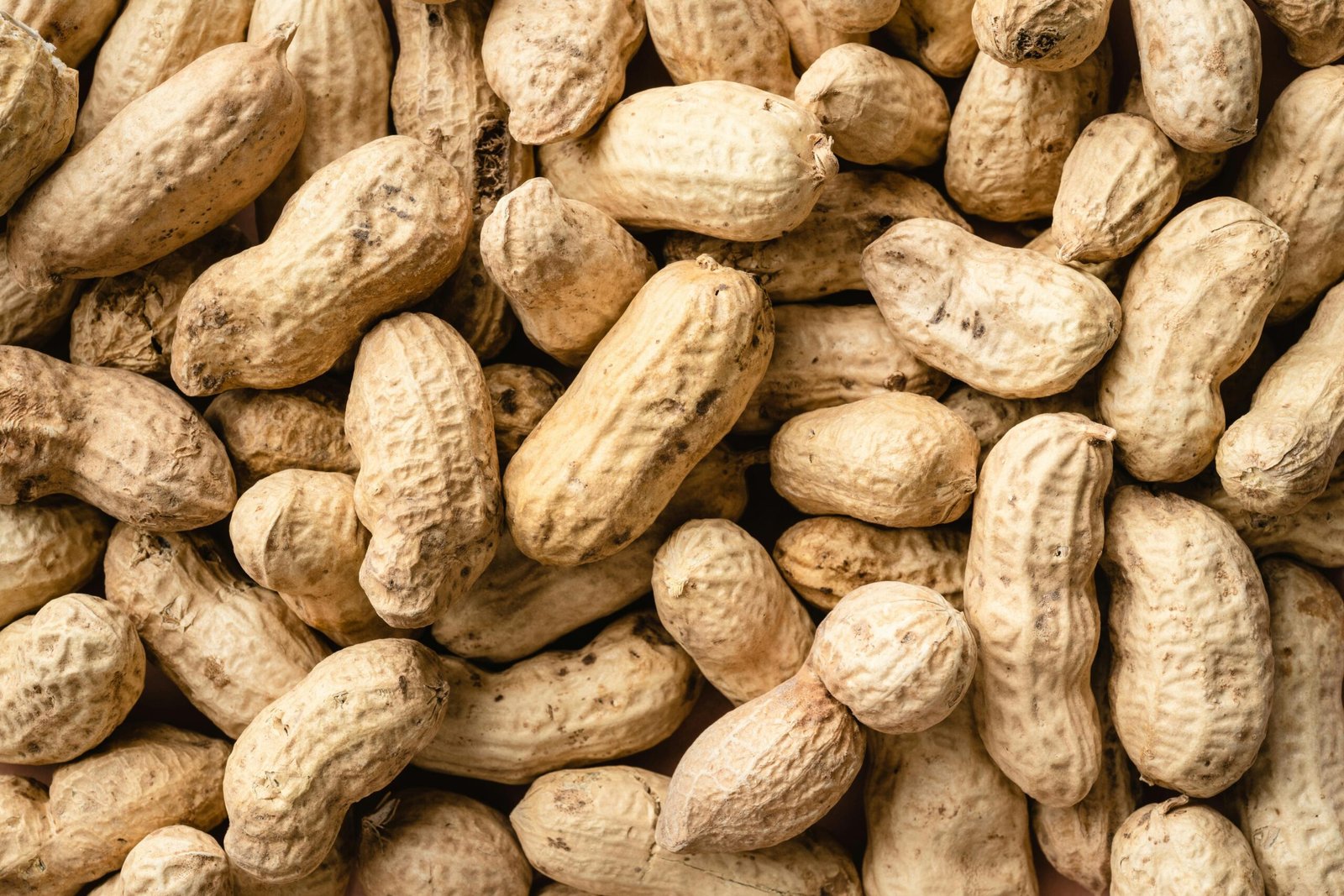As a concerned parent, being informed about your child’s health conditions is essential. Peanut allergy is a significant concern, particularly for young children. This guide aims to educate you on peanut allergy, its symptoms, diagnosis, and effective strategies to mitigate its impact on your child.
What is Peanut Allergy?
Peanut allergy is an allergic reaction that occurs when the immune system mistakenly identifies proteins in peanuts as harmful. This reaction can range from mild to severe and can be life-threatening. Even tiny amounts of peanuts can trigger a reaction in sensitive individuals.
Who is More Prone to Peanut Allergy?
Peanut allergies are more common in children, particularly those with:
- A family history of allergies, asthma, or eczema.
- Other existing food allergies.
- Early introduction of peanuts in their diet (in some cases).
Symptoms of Peanut Allergy
The symptoms of a peanut allergy can vary widely and may include:
- Skin reactions such as hives, redness, or swelling.
- Itching or tingling in the mouth and throat.
- Digestive problems such as stomach pain, diarrhea, nausea, or vomiting.
- Tightening of the throat, wheezing, or shortness of breath.
- Anaphylaxis, a severe, life-threatening reaction that requires immediate medical attention, characterized by difficulty breathing, a drop in blood pressure, and loss of consciousness.
Is Peanut Allergy Contagious?
Peanut allergy is not contagious. It is an immune response to peanut proteins and cannot be transmitted from one person to another.
Diagnosis of Peanut Allergy
To diagnose a peanut allergy, a pediatrician or allergist may:
Conduct a Detailed Medical History:
Evaluate your child’s symptoms, dietary habits, and family history of allergies.
Allergy Testing:
- Skin Prick Test: Small amounts of peanut extract are introduced to the skin to observe reactions.
- Blood Test: Measures the level of IgE antibodies to peanuts in the blood.
Oral Food Challenge:
Under medical supervision, your child may be given small amounts of peanuts to observe for reactions. This test is typically conducted in a controlled environment due to the risk of severe reactions.
Treatment and Management of Peanut Allergy
Managing a peanut allergy involves avoiding exposure and being prepared to handle allergic reactions:
Avoiding Peanuts:
- Read food labels carefully to avoid products containing peanuts or peanut traces.
- Educate your child about their allergy and teach them to avoid sharing food with others.
- Inform teachers, caregivers, and friends about your child’s allergy and necessary precautions.
Medication:
- Antihistamines: Can help relieve mild allergic symptoms such as hives or itching.
- Epinephrine Auto-Injector (EpiPen): Essential for treating severe allergic reactions (anaphylaxis). Ensure your child always carries an EpiPen and knows how to use it.
Always consult your pediatrician or allergist for personalized medication advice.
Emergency Action Plan:
Develop an emergency action plan outlining steps to take in case of an allergic reaction. Once you have educated yourself on emergency care, it is vital that you educate any other adult who will be caring for your child. These adults should know CPR and should have an EpiPen kit. Ensure everyone involved in your child’s care understands the plan and knows how to administer emergency medication.
Introducing Peanuts:
Recent guidelines suggest introducing peanuts to high-risk infants (those with severe eczema or egg allergy) as early as 4-6 months, under medical supervision, to potentially reduce the risk of developing a peanut allergy. Consult your pediatrician for personalized advice.
Conclusion
Managing a peanut allergy requires vigilance and preparedness. By avoiding exposure to peanuts, using appropriate medications, and having an emergency action plan, you can significantly reduce the risk of severe reactions and improve your child’s quality of life. If you have any concerns or need personalized advice, don’t hesitate to consult with your pediatrician.
Your child’s health is our priority. Let’s work together to keep them healthy and safe!
For personalized advice and treatment options, please consult:
Dr. Kritika Agarwal, Pediatrician and Adolescent Specialist
Pinnacle Health Multispeciality Clinic
Hosa Road, Bangalore








